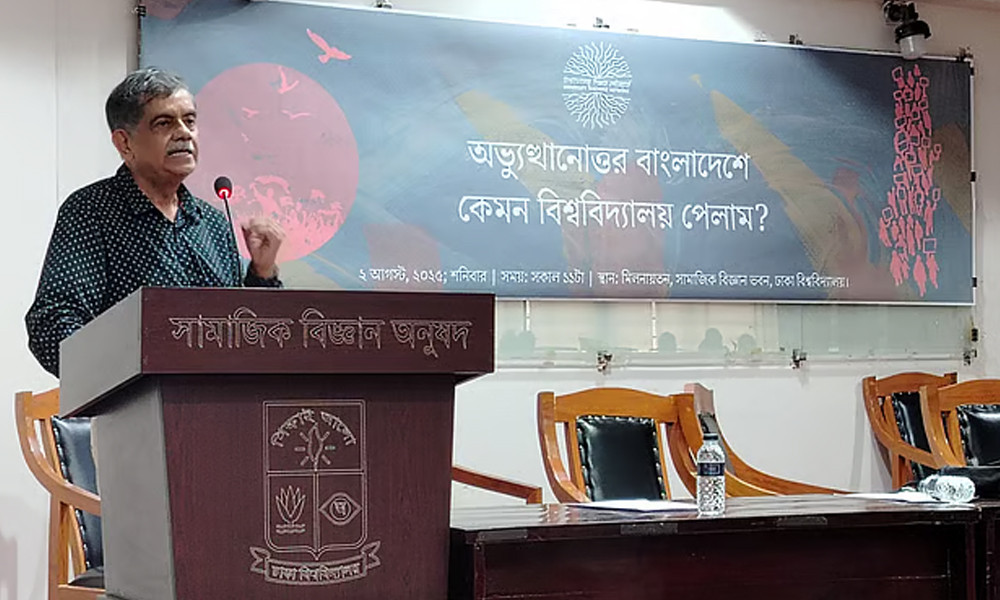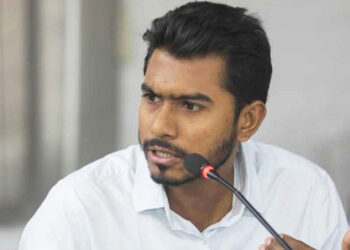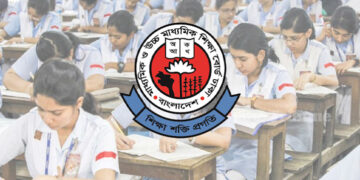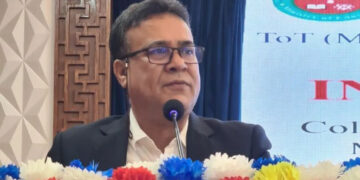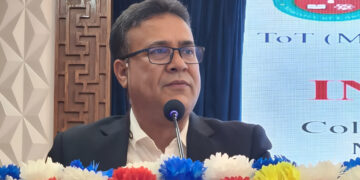The seminar held at the Social Science Building of the University of Dhaka, Interim Government’s Education Adviser Professor Chowdhury Rafiqul (C R) Abrar stated that the 1973 University Ordinance has, in many ways, tainted the academic environment of universities.
He said, “In the name of autonomy, teachers have become deeply involved in national politics, and as a result, the toxic trends of national politics have infiltrated our universities are something we are all aware of.”
Reform Must Come From Within
Professor Abrar noted that it is not possible for any government to scrap the 1973 Ordinance overnight. “This is an issue that needs internal reform,” he said. He emphasized that universities themselves must come forward with united demands for change.
Dysfunction at KUET and the Problem of Dual Roles
He also spoke about the deadlock at Khulna University of Engineering and Technology (KUET). According to the Education Adviser, leaders of the teachers’ association there were also holding administrative positions, creating a conflict of interest and causing the most suffering to the students.
Read More: Skilled Workforce Crisis in Tourism: Maybe Bangladesh Is Missing a Golden Opportunity
Regarding the KUET incident, he said that the government had formed two separate investigation committees one by the University Grants Commission (UGC) and another by the Ministry of Education.
Structural Shift in Vice-Chancellor Appointments
Professor Abrar also pointed to a structural shift in how vice-chancellors are now appointed. Previously, decisions were made unilaterally. Now, a search committee is formed, including a UGC representative, an expert, and a current vice-chancellor.He said, “This is a significant structural transformation. Those who have been appointed through this method have generally not faced major questions regarding their qualifications.”
Other Participants in the Seminar
The seminar, titled “What Kind of Universities Did We Get After the Uprising?”, was presided over by renowned economist Anu Muhammad. Other speakers included UGC member Tanzimuddin Khan.

